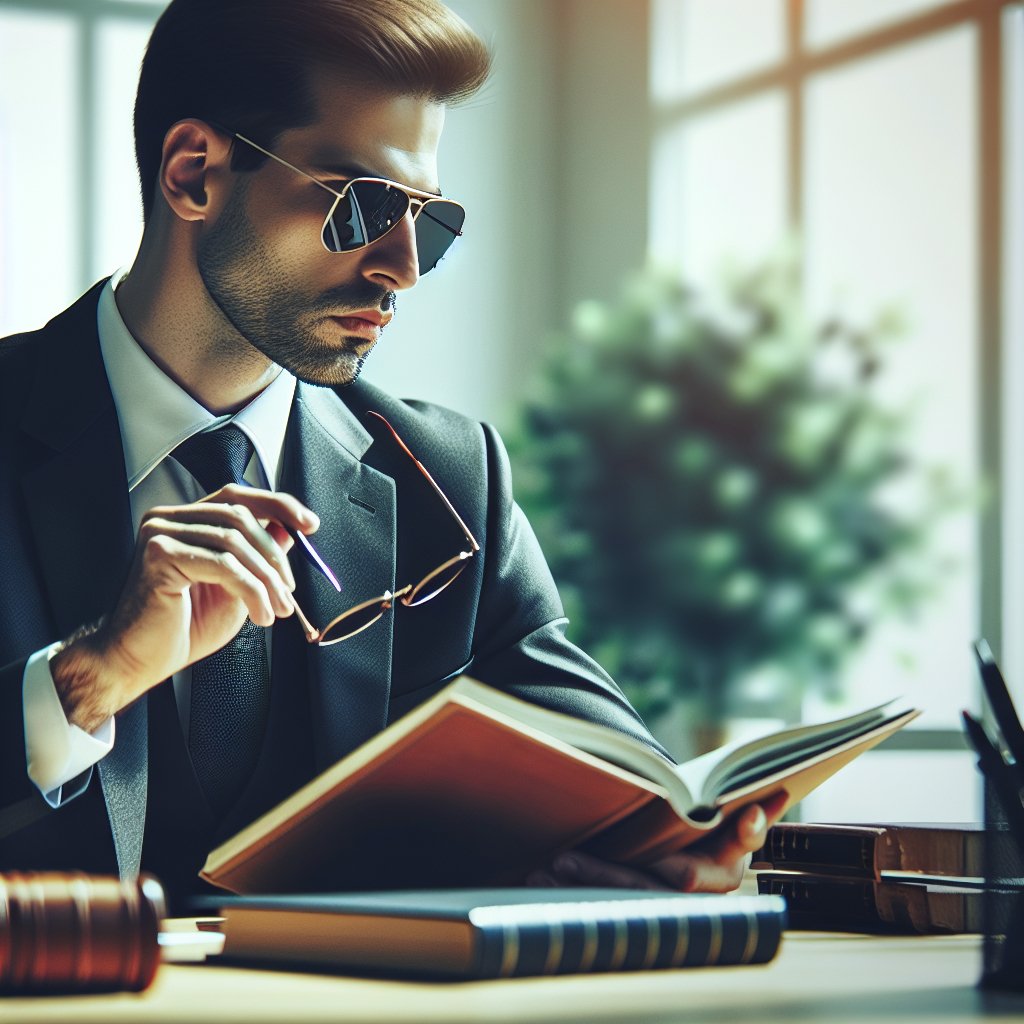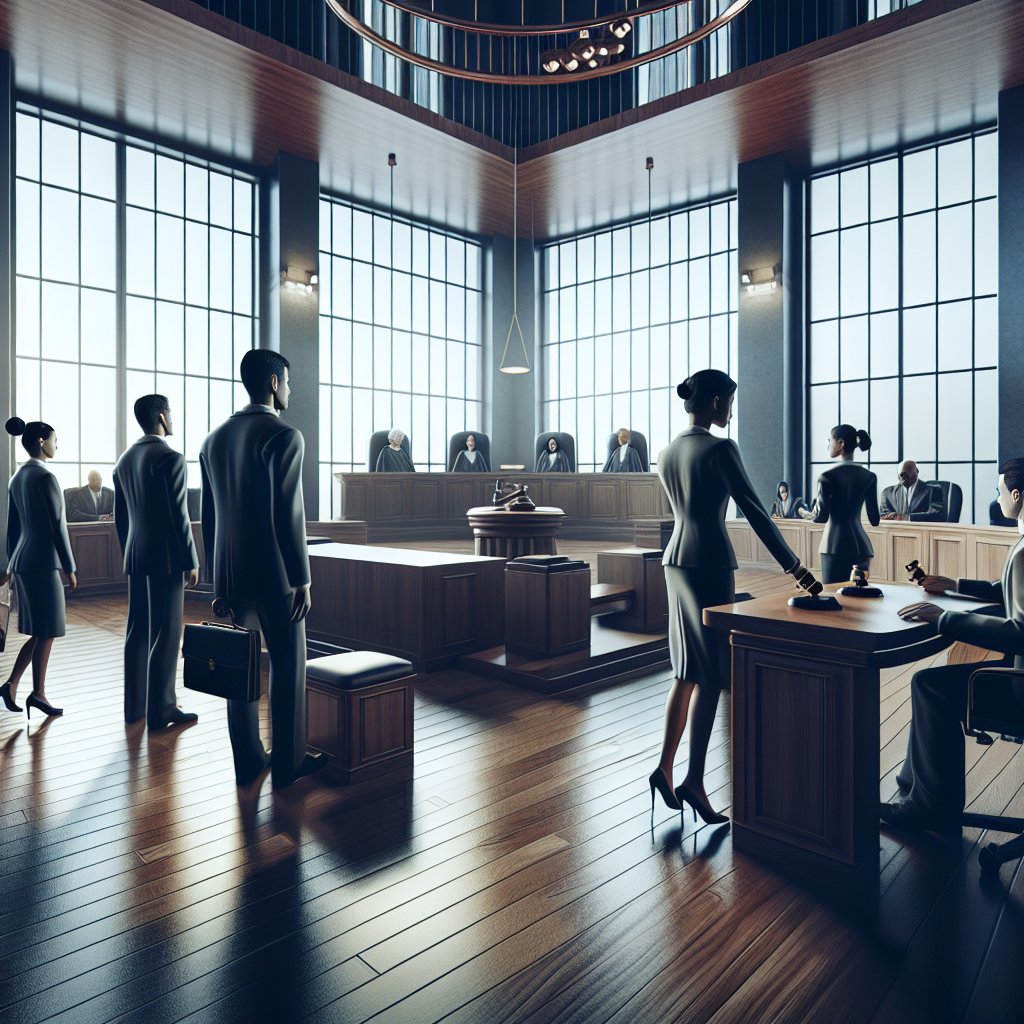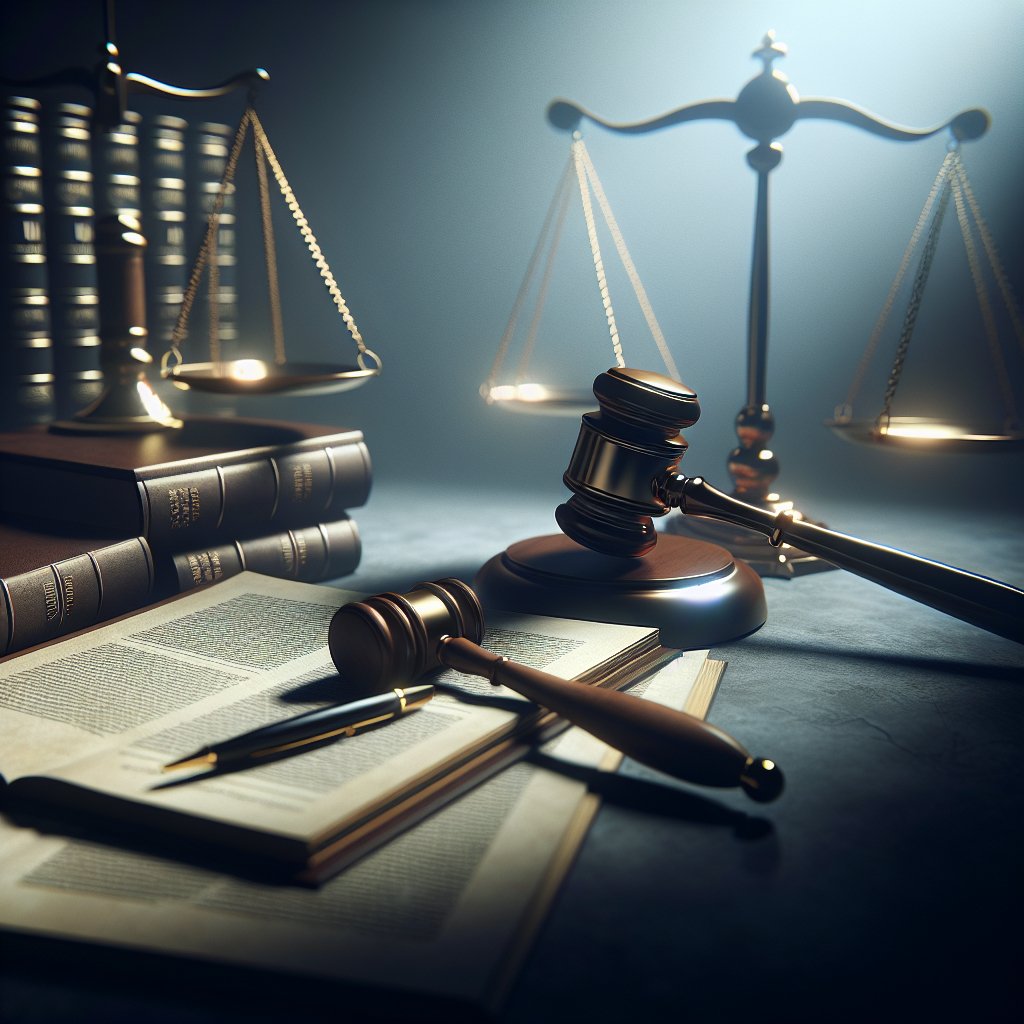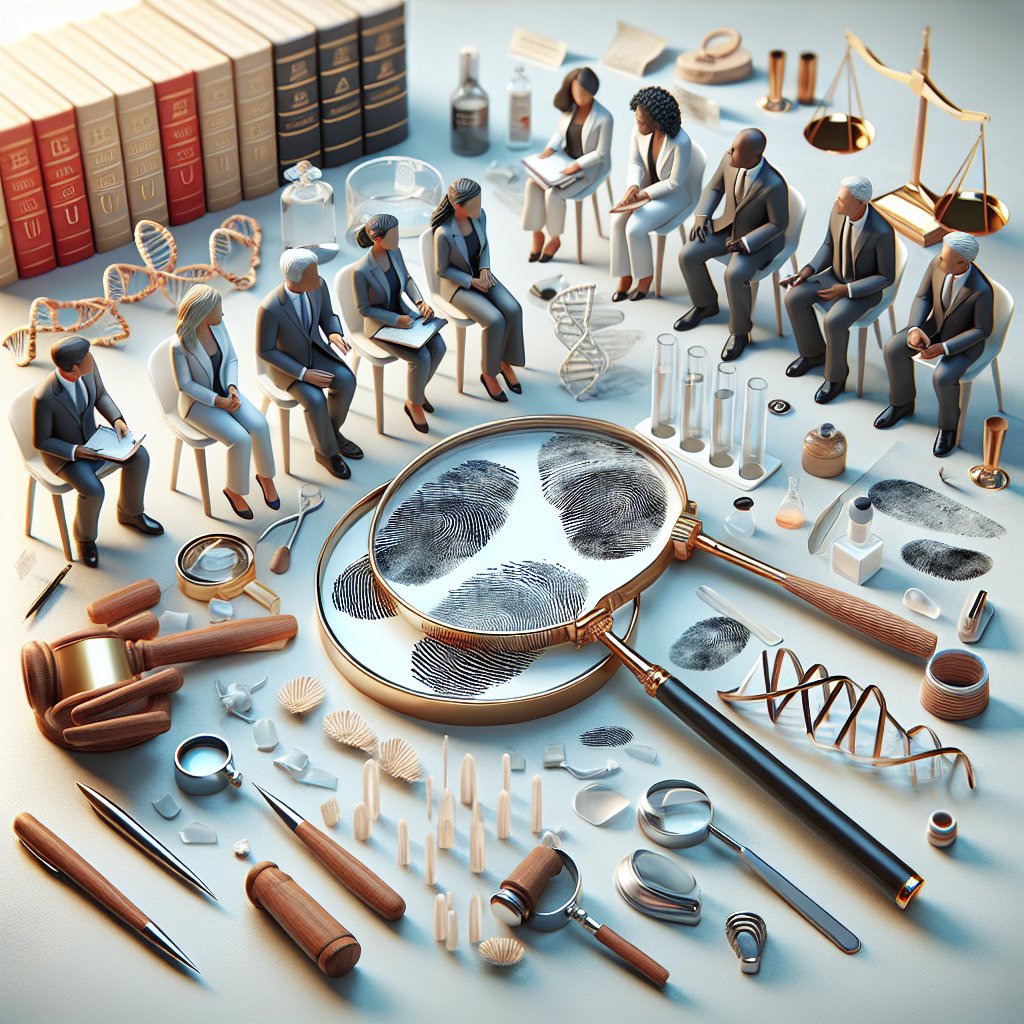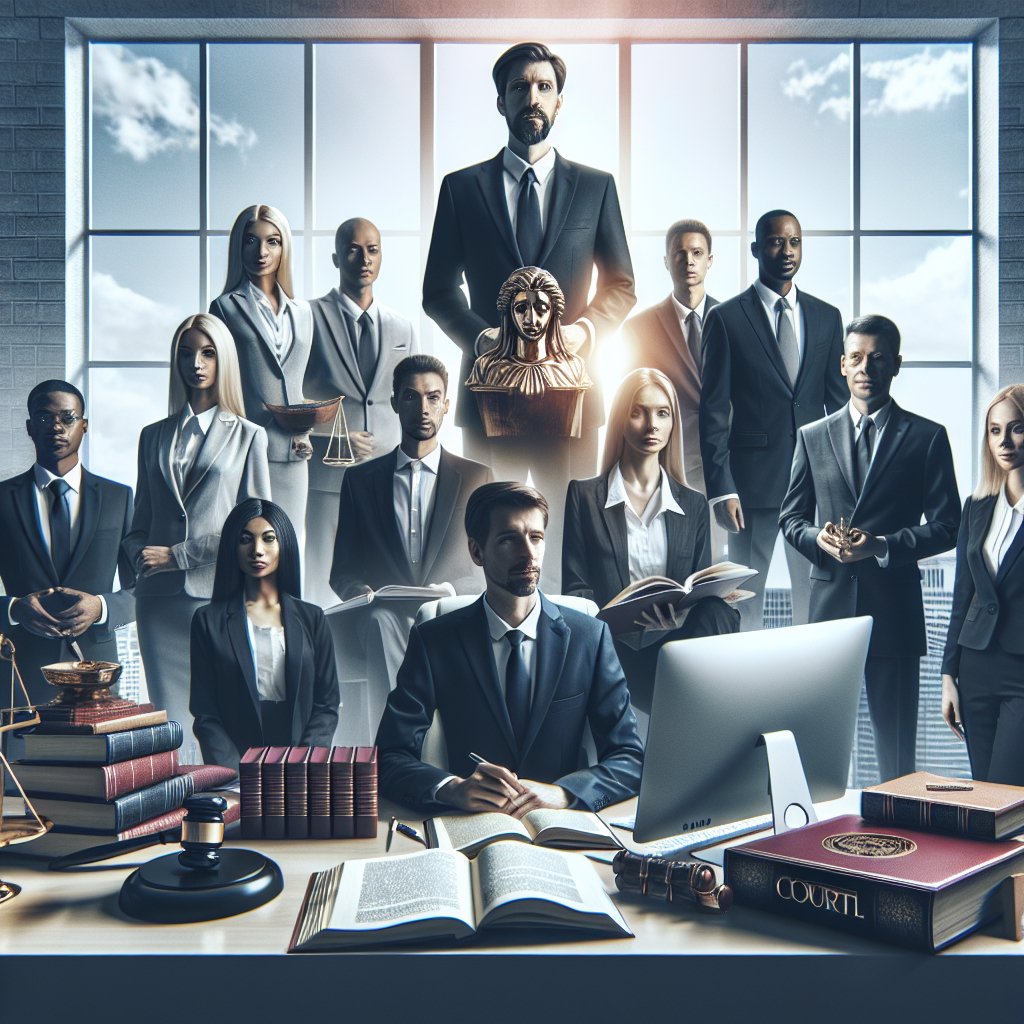Public defenders play a crucial role in the criminal justice system, providing legal representation to those who cannot afford private attorneys. Understanding the function and availability of public defenders is essential for anyone navigating the complexities of criminal law. This article delves into the role of public defenders, their responsibilities, and the circumstances under which individuals can access their services.
Understanding the Role of a Public Defender
Public defenders are attorneys employed by the government to represent defendants who lack the financial means to hire private counsel. Their primary responsibility is to ensure that every individual receives a fair trial, as guaranteed by the Sixth Amendment of the United States Constitution. This amendment underscores the right to legal representation, regardless of an individual’s economic status.
The role of a public defender is multifaceted, encompassing various duties that extend beyond courtroom representation. They are tasked with investigating the facts of a case, interviewing witnesses, negotiating plea deals, and advocating for their clients’ rights throughout the legal process. Public defenders must balance a high caseload, often working under significant time constraints and limited resources, yet they remain committed to providing competent and diligent representation.
Public defenders are often perceived as less effective than private attorneys due to their heavy workloads and limited resources. However, many public defenders are highly skilled and dedicated professionals who possess a deep understanding of the criminal justice system. Their experience in handling a wide range of cases can be invaluable, particularly for defendants facing serious charges.
When Can You Use a Public Defender?
Access to a public defender is typically determined by a defendant’s financial situation. Courts use specific criteria to assess whether an individual qualifies for a public defender, often requiring the submission of financial documents to demonstrate an inability to afford private legal representation. If a defendant is deemed eligible, the court will appoint a public defender to their case.
It is important to note that the right to a public defender is generally reserved for criminal cases, where the potential for incarceration exists. In civil cases, such as family law disputes or eviction proceedings, individuals do not have the same entitlement to government-appointed legal representation. However, some jurisdictions offer legal aid services for civil matters, providing assistance to those who meet certain income requirements.
Defendants who qualify for a public defender should be aware that they have the right to request a different attorney if they believe their representation is inadequate. While courts are not obligated to grant such requests, they may consider them if there is evidence of a conflict of interest or a breakdown in communication between the attorney and client.
The Challenges Faced by Public Defenders
Public defenders often face significant challenges in their work, primarily due to the high volume of cases they handle. This heavy caseload can lead to limited time and resources for each client, potentially impacting the quality of representation. Despite these challenges, public defenders strive to provide the best possible defense for their clients, often working long hours and advocating for systemic changes to improve the criminal justice system.
Another challenge is the public perception of public defenders as less competent than private attorneys. This stereotype can undermine the confidence of defendants in their appointed counsel, despite the fact that many public defenders are highly skilled and experienced. Public defenders must work to overcome these perceptions, building trust with their clients and demonstrating their commitment to achieving the best possible outcomes.
The Importance of Public Defenders in the Justice System
Public defenders are essential to maintaining the integrity of the criminal justice system. They ensure that all individuals, regardless of their financial status, have access to legal representation and a fair trial. By advocating for their clients’ rights and challenging prosecutorial overreach, public defenders play a critical role in upholding the principles of justice and equality.
Moreover, public defenders contribute to broader discussions about criminal justice reform. Their firsthand experience with systemic issues, such as mass incarceration and racial disparities, positions them as valuable voices in efforts to create a more equitable legal system. Public defenders often engage in policy advocacy, working to address the root causes of injustice and promote meaningful change.
Conclusion
Public defenders are vital to ensuring that the right to legal representation is upheld for all individuals, regardless of their economic circumstances. While they face numerous challenges, their dedication to justice and equality remains unwavering. Understanding the role and availability of public defenders is crucial for anyone involved in the criminal justice system, as it empowers individuals to make informed decisions about their legal representation.
As society continues to grapple with issues of inequality and access to justice, the work of public defenders will remain indispensable. Their commitment to defending the rights of the marginalized and advocating for systemic change highlights the enduring importance of public defenders in the pursuit of a fair and just legal system.
